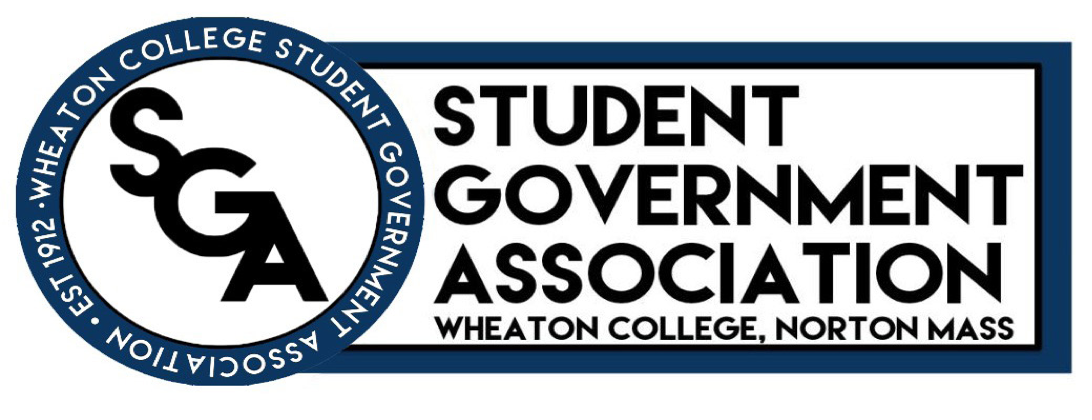In a meeting on the evening of Feb. 20, Wheaton’s Student Government Association (SGA) voted to repeal the use of ranked-choice voting in future SGA elections. The move comes just one and a half years after the system’s initial adoption and after only one election using it.
The repeal comes not as a result of dissatisfaction with the system itself, but from a combination of factors. First, Wheaton lacks the proper resources to administer a ranked-choice voting system and second, it was never passed in the first place.
A proposal to use ranked-choice voting in SGA elections was first introduced in November of 2021. The idea was debated at the time with members expressing a variety of concerns, including whether it devalued peoples’ votes. One issue was the so-called “ballot exhaustion phenomenon” which occurs if a person does not rank all the candidates, resulting in a situation where if the candidate they do vote for is eliminated, their vote is not counted at all.
The proposal was tabled after this first debate and returned to the agenda the next month. Arguments in favor included that ranked-choice voting may help students feel that their votes mattered more and encourage participation in elections. Concerns existed, however, about the added time and workload to the counting process. Members also noted that most SGA elections did not include more than two candidates, rendering the entire system pointless.
The proposal was brought to a vote where it achieved a simple majority, but not the two-thirds majority it required to be added to the SGA bylaws. The proposal made another appearance in February of the following year when it was defeated again, splitting the vote evenly.
At the beginning of every year, SGA approves its bylaws, including any changes made from the previous year. For reasons that remain unclear, ranked-choice voting was included in the bylaws that were approved in one such routine vote in the 2022-2023 academic year. In this convoluted way, Wheaton students ended up using a voting system that had been debated, denied, and then unwittingly approved by SGA.
The implementation of ranked-choice voting after its tumultuous journey into SGA elections proved to be difficult. Wheaton does not have the budget to afford the software required to support such a voting system. As a result, the first election to use ranked choice voting was conducted using Google forms and required SGA’s Cour Four to spend upwards of eight hours counting the votes by hand.
When reached for comment about the situation, SGA Student Body President Meghan Lambert told the Wire, “The Core Four has been in talks about rank choice voting since the beginning of last semester. While I personally really love the idea and functionality of ranked-choice voting, it has proven to be very difficult to execute both efficiently and correctly. Alternative options were discussed, however, the administration pushed back against all of these options. So, before bringing the appeal to the Senate, I went back into the archives and saw that the rank choice voting proposal never actually passed!!! So, it should have never been adopted into the SGA bylaws to begin with! That is why it was ‘repealed.’ I would be happy to see rank choice voting come back in the future, but for this upcoming election we will use majority! But hey, if that’s good enough for the United States government, then that should be good enough for Wheaton College SGA!”
SGA is also currently open to questions and comments from the student body about the repeal of ranked-choice voting and has kept open the possibility of returning to the idea in the future. For now though, future SGA elections will function using a plurality “winner takes all” approach. Voting will be straightforward with students selecting their preferred candidate on Engage.
The story of ranked-choice voting’s brief foray into the arena of Wheaton College politics is an interesting one without doubt. Most likely it is the result of a simple mistake or misunderstanding, but it is important that it is not taken lightly. SGA has real power to shape the lives of students on campus in ways that many of us do not realize. We should all want the system to work properly should there be something we want it to do for us. The mistake has now been remedied and we can hope that it will encourage a more careful execution of responsibility by Wheaton’s student government.
